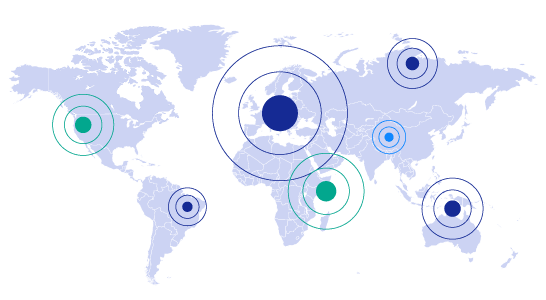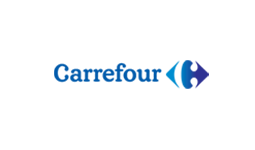Mandatory Electronic Invoicing in Netherlands
Learn how to get your company ready to exchange documents in accordance with regulations in Netherlands with the support of Comarch
Learn how to get your company ready to exchange documents in accordance with regulations in Netherlands with the support of Comarch

Rules for e-invoicing have been developed and implemented in the Netherlands as a substandard of the European standard, which means these guidelines are based on European standards, but adapted to the Dutch law. That is why this Dutch substandard is called NLCIUS (the European standard is CIUS). NLCIUS e-invoices are supported by the Standardization Platform (STPE).

In the Netherlands, e-invoicing to public entities (B2G) has become partially mandatory since 2017, while the mandatory exchange of electronic invoices does not apply to business to business relationships. The obligation to receive and process electronic invoices applies only to local government units and other contracting authorities, while the receipt and processing of e-invoices is mandatory for the central administration.

E-invoices can be sent to the public sector using the PEPPOL model. For central government bodies there is a platform called DIGIPOORT for reception of e-invoices which is also connected to the PEPPOL network. This solution is used more often by suppliers with large amount of invoices. For smaller vendors has been prepared web portal named Logius to manually enter and send thier invoices.

Accepted format is Peppol BIS 3.0.
The government platform in the Netherlands is Digipoort (recommended for high-tech companies that send large amounts of invoices).

Required storage period is 7 years from invoice date. Archiving abroad is allowed under certain conditions.

Ensuring integrity and authenticity is required. One example that ensures this is Qualified Electronic Signature.
We have 20+ years of experience in carrying out various EDI, e-invoicing, and other document exchange projects around the world. In those years, we have successfully connected more than 130,000 entities from over 60 countries.
Full compliance with the latest data exchange regulations and modern data transfer standards
Applying new technologies and IT solutions in order to streamline workflows and automate activities and procedures
Tailor-made solutions based on processes specific to each company – own road map and a suitable pace of changes
Highest level of security for all sensitive and important company data
If your company is based or has branches in the CountryName and you need to prepare your billing and tax systems to comply with the new requirements. Click on the button below to get in touch with one of our experts.




















